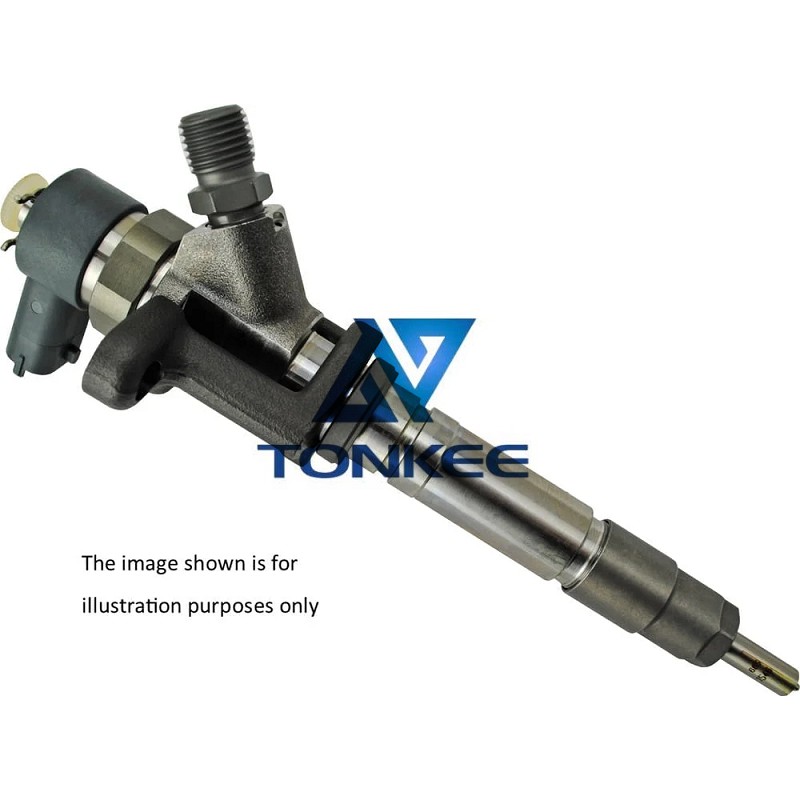
The Bosch 0 445 116 038 is part of Bosch's extensive portfolio of common rail diesel injectors, a technology that has revolutionized diesel engines.
These injectors are designed to precisely control the injection of fuel into the combustion chamber, resulting in cleaner and more efficient combustion. They are known for their durability, performance, and reliability.
Compatibility:
This injector is compatible with a wide range of diesel engines, making it a versatile choice for various applications, including automobiles, trucks, industrial machinery, and more. It's crucial to ensure compatibility with your specific engine model to achieve optimal performance.
Flow Rate:
The flow rate of this injector is a critical specification. It determines the volume of fuel that can be delivered per unit of time. The 0 445 116 038 typically has a flow rate of around 1800-2000 cc/min, depending on the specific variant. This high flow rate ensures that the engine receives the required fuel for efficient combustion.
Nozzle Type:
The nozzle is a crucial part of any injector. The 0 445 116 038 commonly features a multi-hole nozzle design. This design allows for better atomization of the fuel, resulting in improved combustion, reduced emissions, and enhanced fuel efficiency.
Operating Pressure:
Common rail injectors operate at high pressure to achieve precise fuel delivery.
The 0 445 116 038 injector typically operates at pressures of up to 2000-2200 bar, ensuring that the fuel is delivered with great force and accuracy.
Material and Durability:
Bosch injectors are renowned for their high-quality materials and craftsmanship. These injectors are built to withstand the harsh conditions within an engine's combustion chamber. They are often constructed from robust materials like stainless steel and other alloys, ensuring longevity and resistance to wear and tear.
Electrical Control:
Common rail injectors are electronically controlled, which allows for precise timing and duration of fuel injection. The 0 445 116 038 injector is designed to work seamlessly with the engine's electronic control unit (ECU) to ensure accurate fuel delivery under various operating conditions.



 English
English Русский язык
Русский язык



